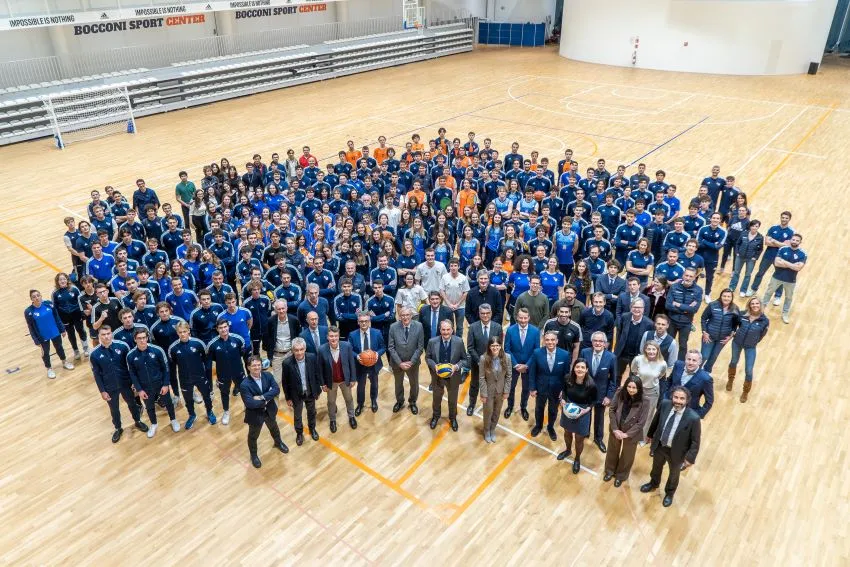
All the Facets of Bocconi Sport
"A campus, to deserve this name, must also have an area dedicated to sports." With this sentence, Francesco Billari – Bocconi University rector – highlights the importance of practicing a sport as "a fundamental social element for students and a stimulus for forming an identity. Considering wellbeing as a whole, playing a sport contributes to an individual's happiness, perhaps after a long day at work or school." This has led to the construction of an urban campus, one of the first of its kind in Europe, and Billari is keen to emphasize, "there is no turning back, indeed it is likely that we will build something else in terms of facilities." Maybe it is a sort of fate, especially if we consider that the architect of Via Sarfatti 25, Giuseppe Pagano, wrote in a 1940 letter to Girolamo Palazzina that the space in front of the building would be an ideal location for the construction of a swimming pool and sports fields, as evidenced by the documents preserved in the University library.
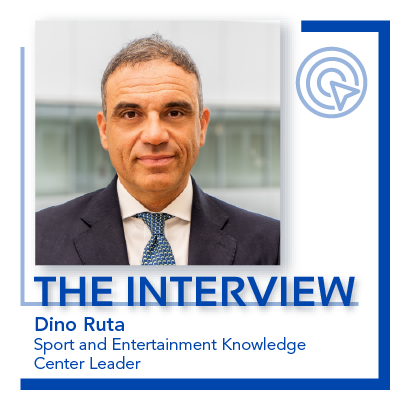

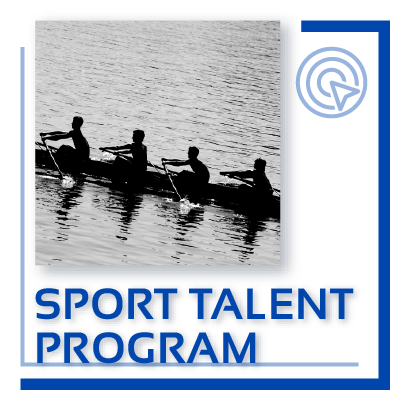
Today Bocconi Sport is a large, state-of-the-art organization. Founded 20 years ago, it has evolved not only in numbers (over 4,000 members) but also in scores and facilities – with many more important milestones ahead. In fact, after the launch of the Sport Center in 2022, it left the startup stage and in 2023 aims to enter a stage of consolidation of what Roberto Grassi, president of Bocconi Sport, calls the "Bocconi model." "Those who watched the water polo match against Harvard in January will have been impressed by the stands full of students cheering on their classmates in the pool. Although that event was of particular appeal, now the stands are always packed when our competitive teams play at home." Home, of course, means the Bocconi Sport Center, the futuristic sports center that has marked a turning point in the University's athletic programs.
SPORTS FOR EVERYONE
But let's go back to the "Bocconi model." "We want our students to practice in our university's facilities as much as possible, according to their own capabilities and goals," says Grassi, "and for this reason we have designed a multi-level system. The first basic level (level 1) is for those who want to play sports just for fun, leaving some room in their schedules for these activities; level 2 is for so-called intramural activities, e.g. internal tournaments for our students; level 3 is for non-competitive individual or team tournaments organized by CUS or other universities and organizations; level 4 is for individual or team competitions organized by Federations. The last level is reserved for high-profile competitive athletes who are entitled to some benefits under the continuously expanding "Bocconi Sport Talent" program. The university's sports program is continually growing and currently boasts a vast number of options, including: Basketball, Volleyball, Soccer, Tennis, Lacrosse, Golf, Rugby, Water Sports, Rowing and Cycling.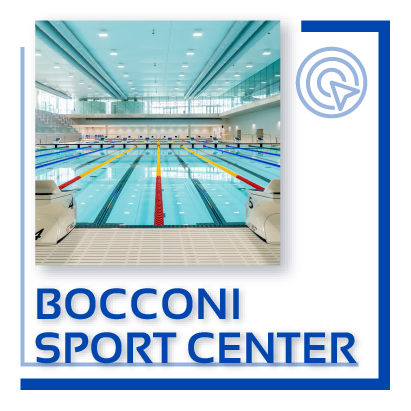


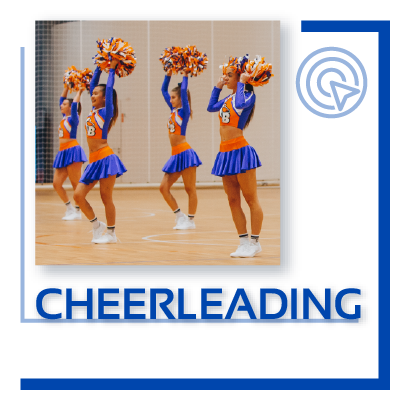
FROM PLAYING FIELDS TO CLASSROOMS
Sport is increasingly "practiced in the classroom" and studied by Bocconi researchers. "Just think of the devoted tracks within the Bocconi Master of Science programs and activities of the Sport and Entertainment Knowledge Center at SDA Bocconi School of Management," says Dino Ruta, head of the SEKC, "along with the FIFA Master-International Master (MA) in Management, Law and Humanities of Sport and the IBA-International Business Academy, developed in partnership with the US National Basketball Players Association in addition to the most recent collaboration with the Technical Sector of the FIGC." There are ties to the past also in this case since the first sports-related thesis submitted in Bocconi, titled "Characteristics of Managing Sports Companies" by Giordano Fabjan, dates back to 1944. Fabjan then went on to have a decisive role in the organization of the 1956 Cortina Winter Olympic Games, and became deputy secretary of the Italian Olympic Committee.
A LONG-LASTING COMMUNITY
Our overall strategy aims to convince students to choose Bocconi by emphasizing both academics and sport, regardless of the field chosen, "without ever deviating from the path of 'students first and then athletes,'" specifies Grassi, "but keeping in mind, as we've determined during these last two decades, that students who played competitive sports on Bocconi teams have remained very connected to their university even after completing their studies." An important legacy, it must be preserved and shared. Such a strong commitment can also mean re-establishing relationships with Bocconi graduates who have played professional sports, like Olimpia Milano basketball champion Vittorio Gallinari. A 1986 Business Administration graduate, Gallinari today supports the university teams and often involved in their initiatives.